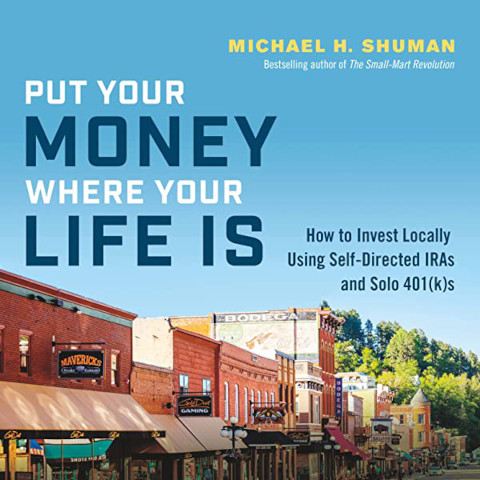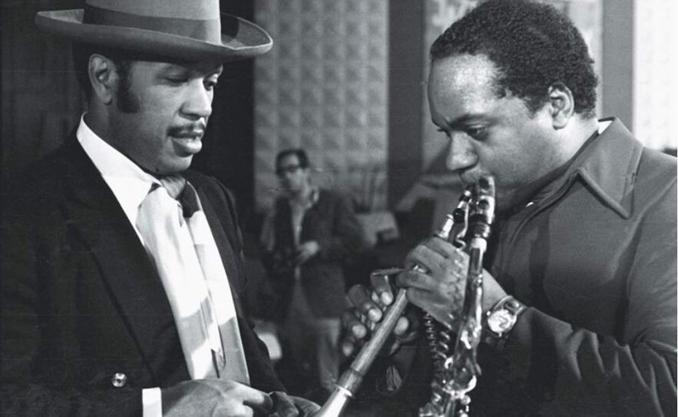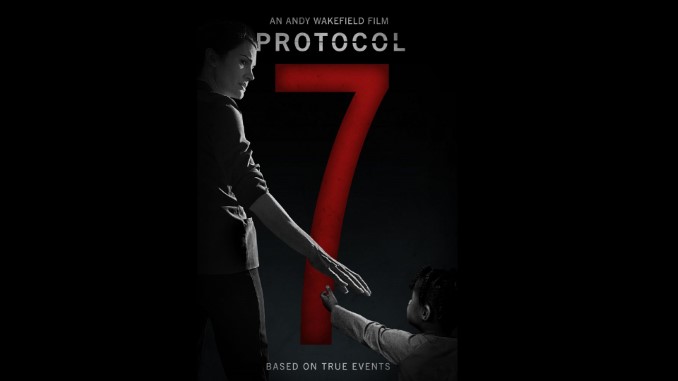
“All investment is risky, whether you invest in Wall Street or Main Street.” ~ Michael H. Shuman
By Catherine Austin Fitts
Long ago, when I still lived in Washington, Carolyn Betts and I had lunch with Michael Shuman. Michael was a young attorney and entrepreneur with a passion to encourage local investment. Carolyn and I were doing the same at my company, Hamilton Securities. Michael shared a keen interest in decentralizing economic ownership—and recognized the enormous opportunity that came with decentralization to improve the health and happiness of our communities in a manner that created new financial wealth.
Soon after that lunch, Carolyn and I took a career detour arranged by the U.S. government—fifteen years of managing the risk issues created by those who centralize economic ownership, using criminal enterprise and sovereign immunity to sabotage markets, including local venture and financial markets. During this process, our focus turned to helping individuals and families preserve and grow family wealth. This has taken us into addressing all aspects of building wealth—both global and local—and strategizing on how we manage growing risks.
For his part, Shuman has stayed focused on encouraging local investment in the United States. Impressed by a recent flyer on one of his workshops, I asked Carolyn to attend. She did and was quite complimentary. This inspired me to read Michael’s latest book: Put Your Money Where Your Life Is: How to Invest Locally Using Self-Directed IRAs and Solo 401(k)s.
For many of us, shifting a portion of savings to local investment is a good idea. As I said in my October speech at the Weston A. Price Foundation conference in Knoxville, “You should invest in local farms not because you want to make money but because you do not want to eat insects.” In short, we get the future we finance. If you want food, water, and energy that you can trust, chances are that you are going to have to finance it—and much of that will happen locally.
Local investment takes time, patience, and a willingness to take responsibility and manage risk. That is one of the reasons we encourage people to organize with others if they are interested and want to learn. It helps to gather various skills to do it.
If you live in the United States and are interested in pursuing local investment, I strongly recommend this book. Michael brings the knowledge and education of an accomplished writer, attorney, and entrepreneur—it is a great combination seasoned by many years of experience pursuing his passion.
All real solutions involve building great communities and financing the farmers and business people who create and manage the infrastructure on which we depend. For those in the United States, this book will help you think clearly and practically about whether and how you wish to participate.
Related Reading:
Buy Michael’s Book/Sign Up for Workshops
Solari Circles: Taking Action Together








I just started one of his other books “The Local Economy Solution” and also have this book of his currently sitting in my “to read” pile on my bookcase!
THANK YOU SO MUCH !
I will definitely be purchasing the book. I’m also grateful for the Solari Circles: take action together link. I’d like to start a group in Florida and I wasn’t sure if there was a formal process or if it is a more organic process.
I was also thinking about a group where all are invited with the goal of members being able to report on what they SEE happening in their neighborhood or town that would be beneficial to group members. Is that an appropriate use of Solari Circles or is it too broad?
We just saw the book recommendation via Money & Markets. We will be buying the book and seeing how it could be applied to our area of FL (Gainesville). Where are you located in FL?
Currently we interview local farmers and makers who sell at our local farmers markets. We see local financial investment as an outgrowth of our podcast (Floridafarmersmarketpodcast.org).